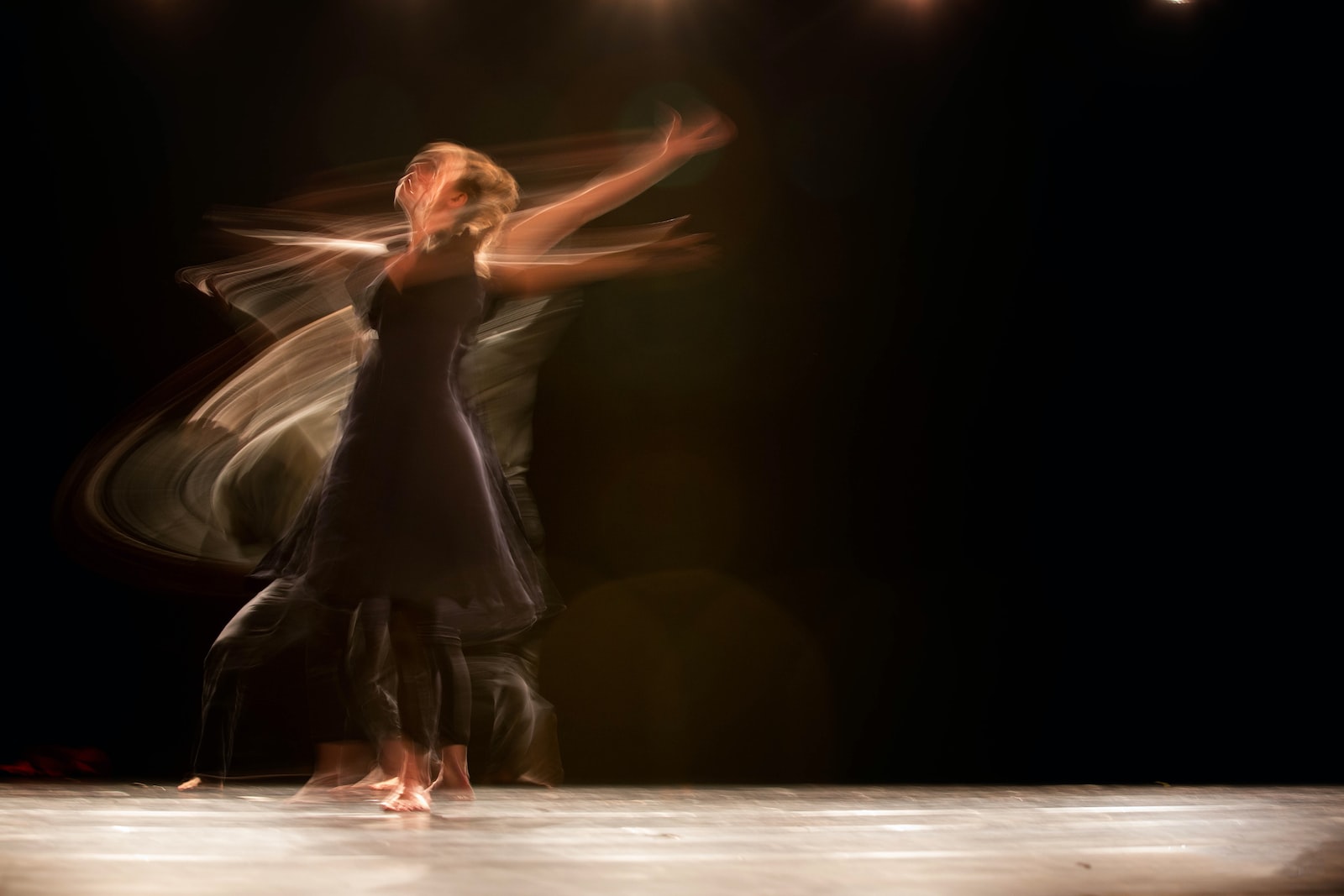Our reality vis-à-vis our body and our spirit is tested when at the time of death, we must leave one and the other. This moment, which sometimes stretches out over time, often causes those who are in this passage to fear that they will experience terrible physical, emotional and moral suffering. The reduction of phenomena to this is too trying.
I remember a man, 55 to 60 years old, an artist, single, smoker, lover of good wine, suffering from terminal stage bladder cancer. Fundamentally reserved, modest, independent, he has painful bone metastases in his hips. During his previous hospitalizations, he always showed independence, coming and going as he pleased, buying himself beer, wine and various foodstuffs, not bonding with other patients whose room he shared and refusing any assistance in carrying out daily activities. But now skeletal, he no longer has enough strength to get up, no longer eats, has difficulty making himself understood when he speaks. As he is breathing very badly, he was put on oxygen. He must be transferred the next day to a palliative care center. The last afternoon in the service, particularly agitated, he tries several times to get up alone. I go to his bedside, he asks: “What do we do? He wants to know, he wants "the truth." During the conversation, he manages to say that he wants to go out, to see the spring and smoke a cigarette. The doctor authorizes an exit outside, on a wheelchair with a shape memory cushion. In the gardens, a few flowerbeds and budding trees testify to the arrival of spring. He smokes and looks at the nature around him. The caregiver is making a bouquet. As she approaches a clump of yellow flowers, she lets go of the chair, which begins to roll on its own. She catches up to him. The man laughs. Back in bed, he observes with a smile the bouquet now hanging on the gallows above his head, agrees to a long hand massage. He closes his eyes, leaves his curled up position, lies completely on his back and falls asleep. He died the next day, a few hours after his arrival in the palliative care unit.
« Shinjin", the "body/mind"
A emaciated body with extremely slow functions wants to know if it is really going to die, and the spirit that inhabits it suffers greatly from not knowing the hour or the day. This patient's body, eaten away by cancer, craves cigarettes, fresh flowers and chirps. Dreams, desires that the mind doesn't tell the body are just ersatz pleasures the body once felt and was attached to. Traditionally in Buddhism, it is said that suffering and recognizing it is an entrance to the Path. In Soto Zen, the body and the mind are together the agents, the vectors, of our experience of suffering. The experience requires their joint action. It is the condition of man to be "body/spirit", the reality of one not being separated from the other, as expressed by Dogen when he uses the expression "shinjin", "body/mind", that is to say a single entity experiencing life. Body and mind do not oppose each other. Experiencing our embodied condition and realizing ourselves as a body/spirit entity creates this body – this existence – as the vehicle of the Way.
The dying body demands from the mind the imperative need to go beyond the body/mind dualism.
When the body dies, it is traditionally believed that the spirit dies. And the psychic and physical suffering felt ceases. Often in the dying there is born the search for a final balance from which one does not know if it is the body or the spirit which leads the other towards this point where both are ready to leave. This point of balance is in a way one of the aspects of the practice of zazen, of motionless silent sitting without aim or research, “shikantaza”. Master Deshimaru often repeated: “Through zazen, we enter our coffin alive and thus we can naturally, automatically, unconsciously find a solution to the problem of death. »
The dying body therefore demands from the mind the imperative need to go beyond the body/mind dualism. To achieve this, a thousand means are deployed by the dying person, means which from the point of view of the one who accompanies him are sometimes undetectable, invisible, or sometimes considered absurd, futile or, on the contrary, heroic, worthy. The dying body is the final state of being for which all life prepares.

